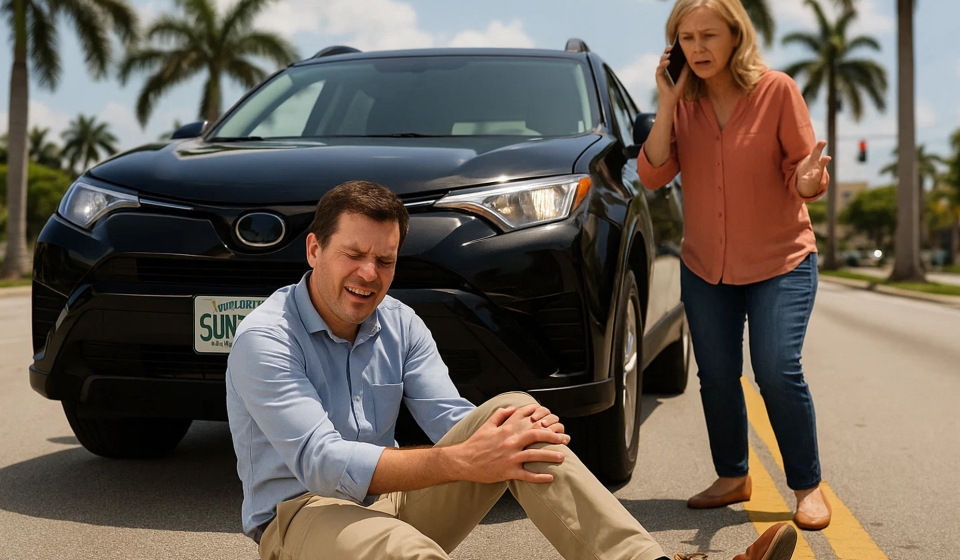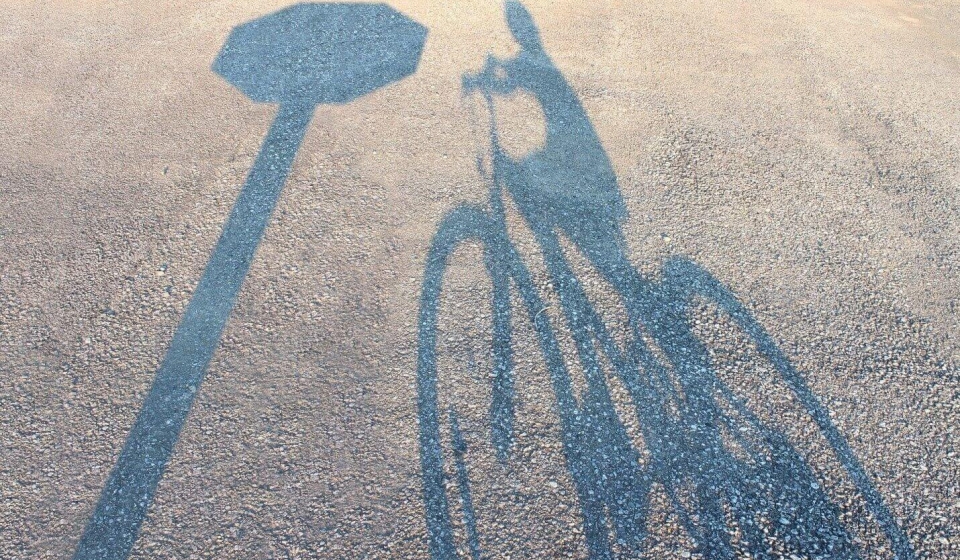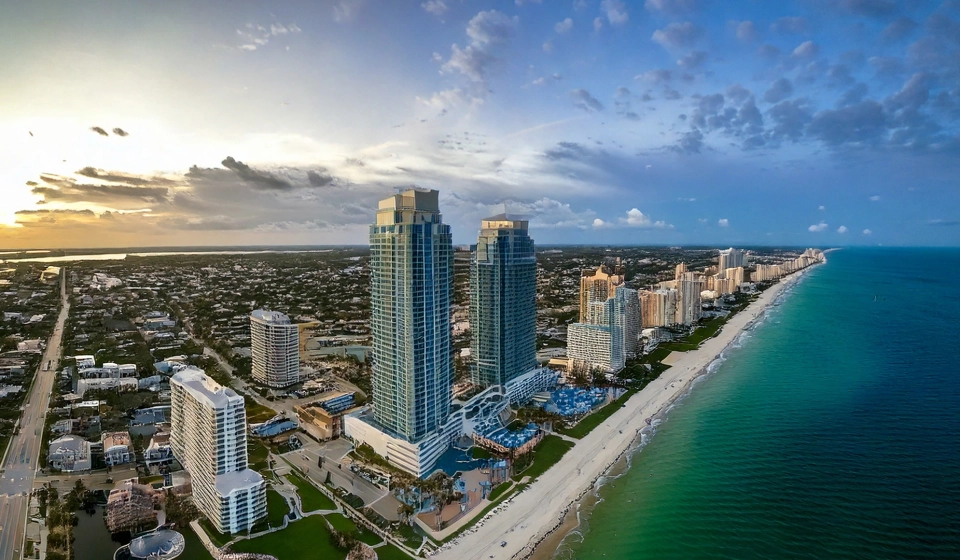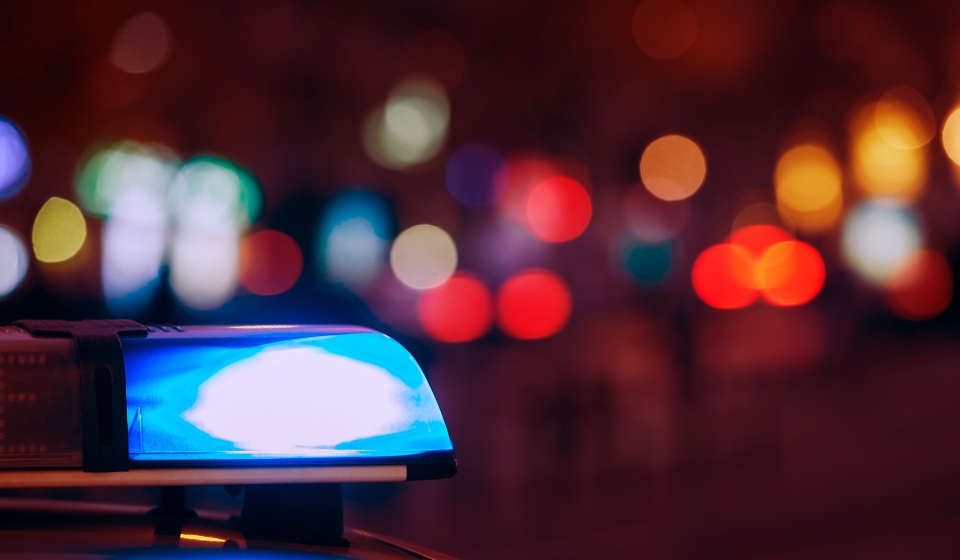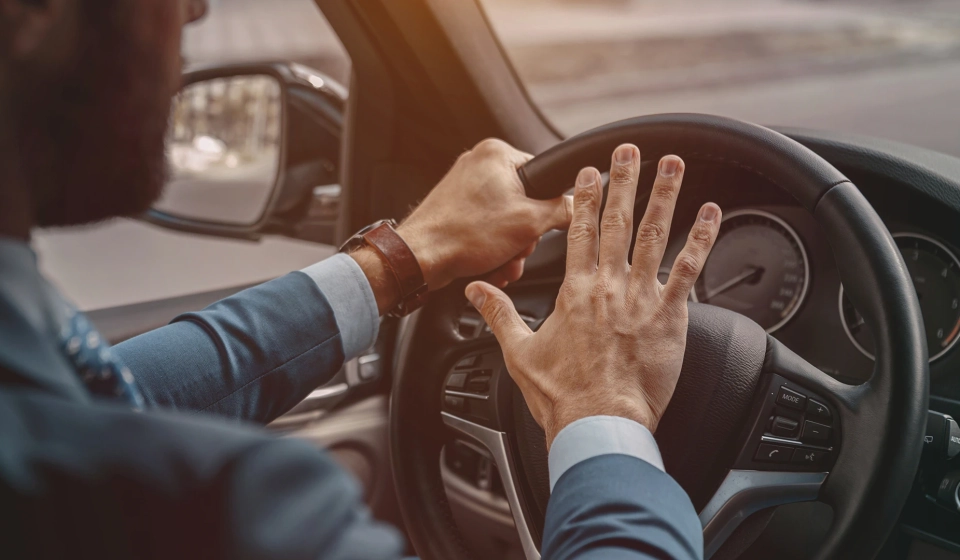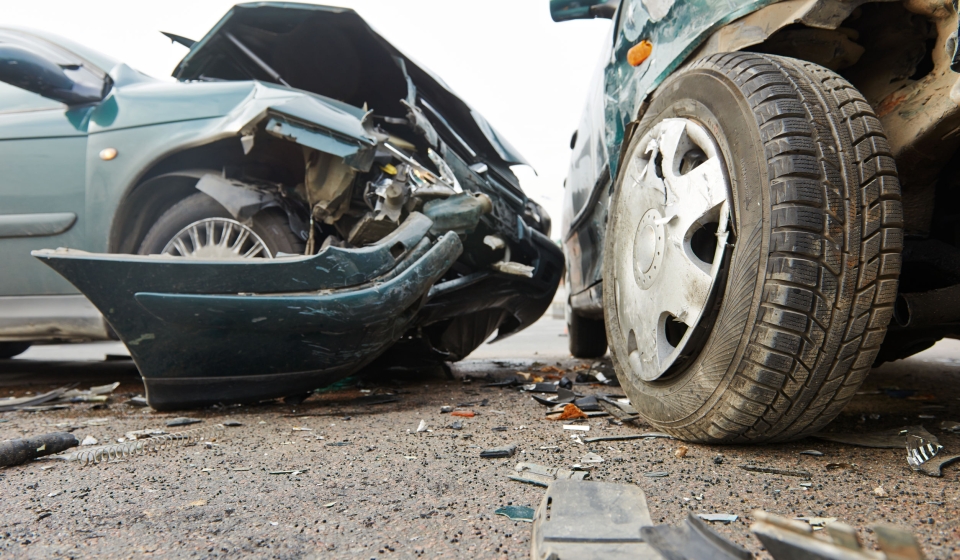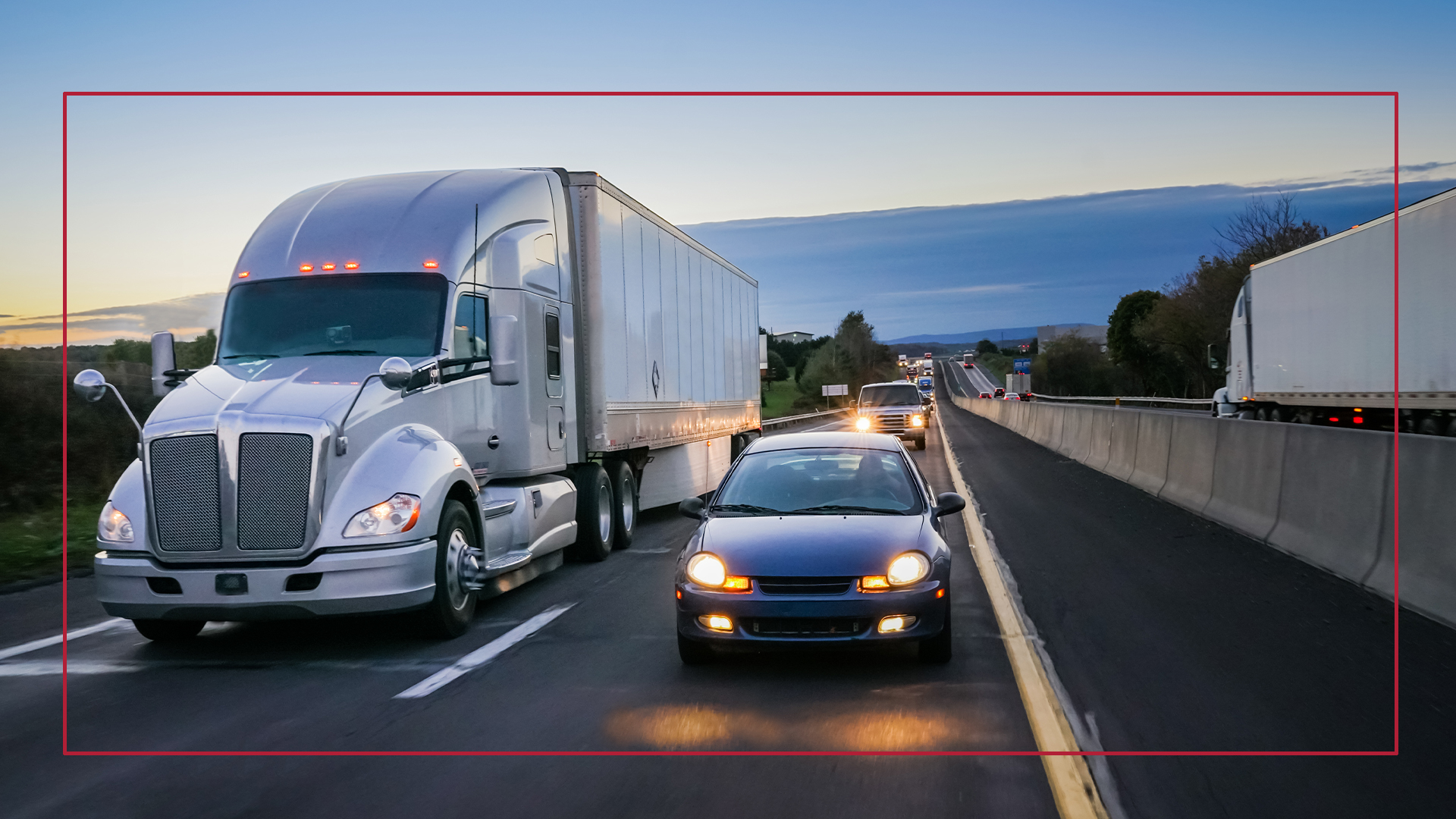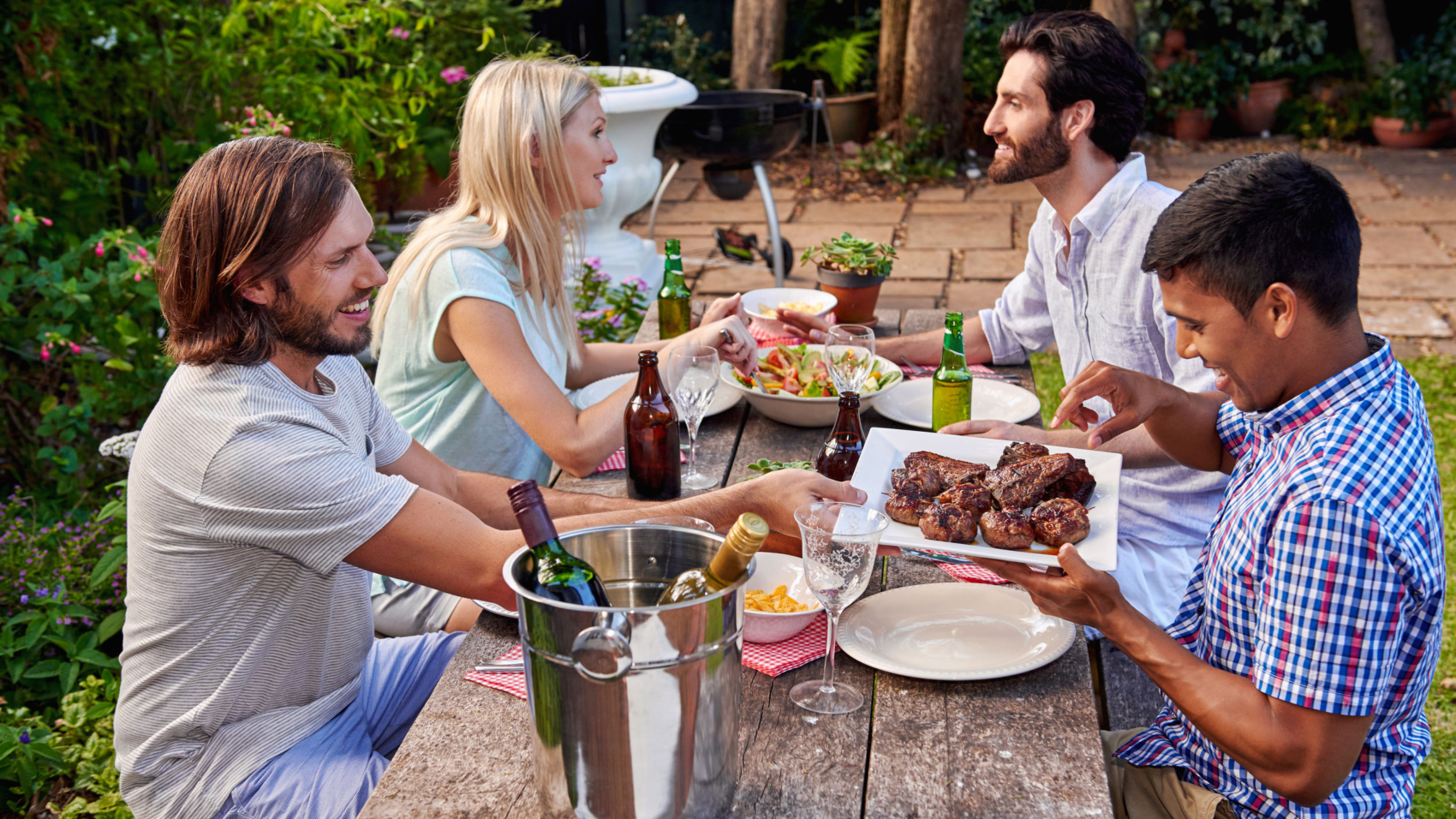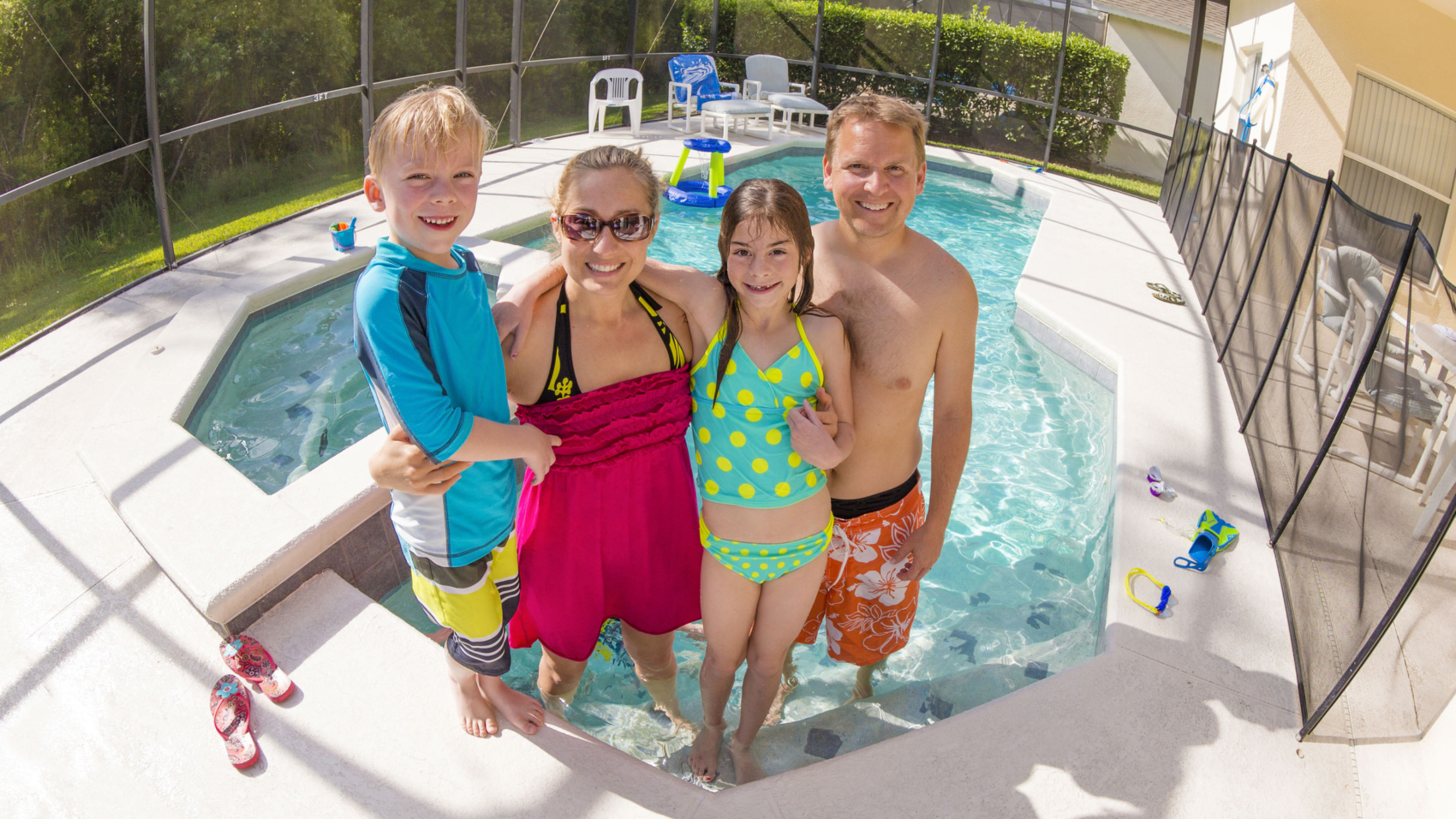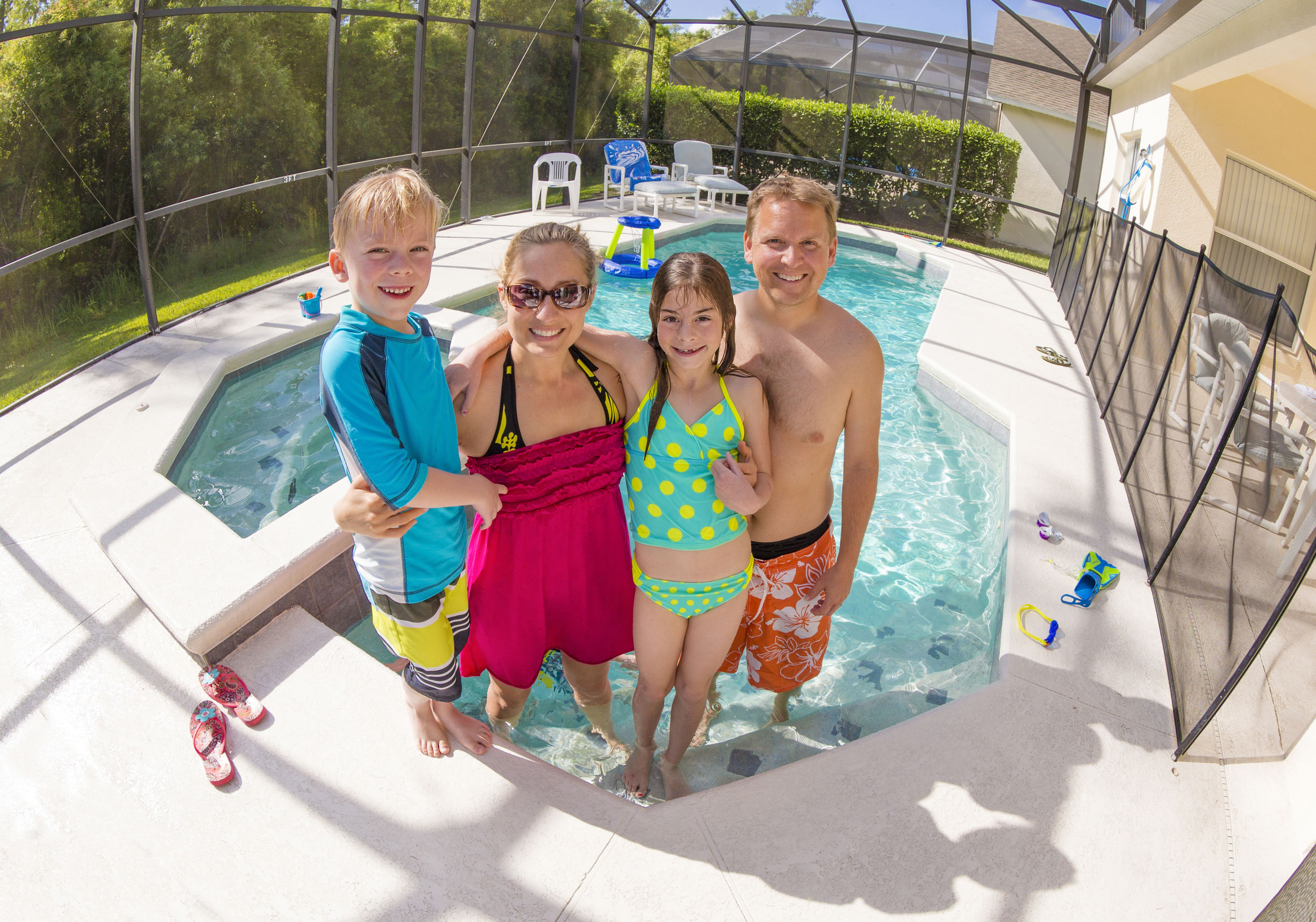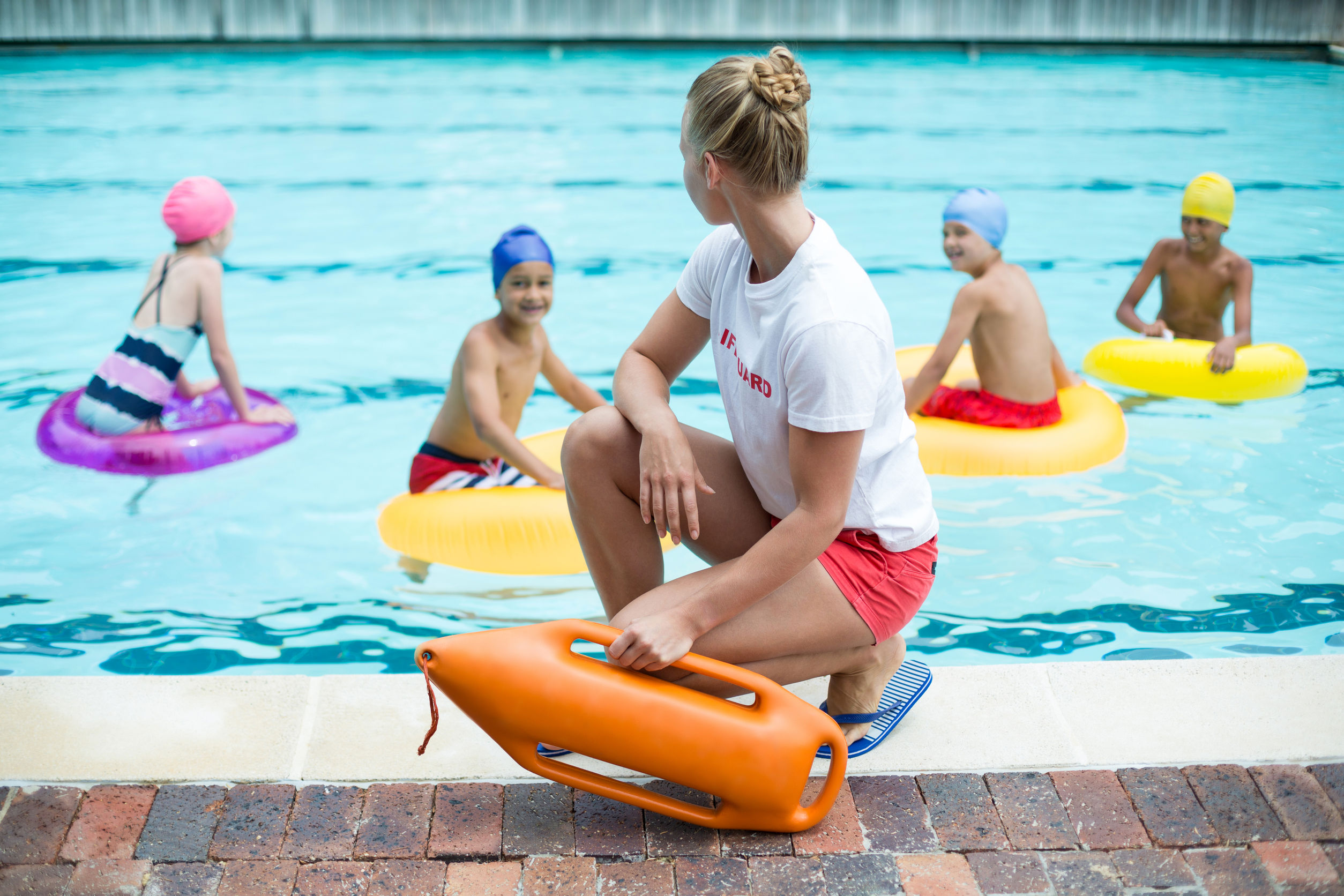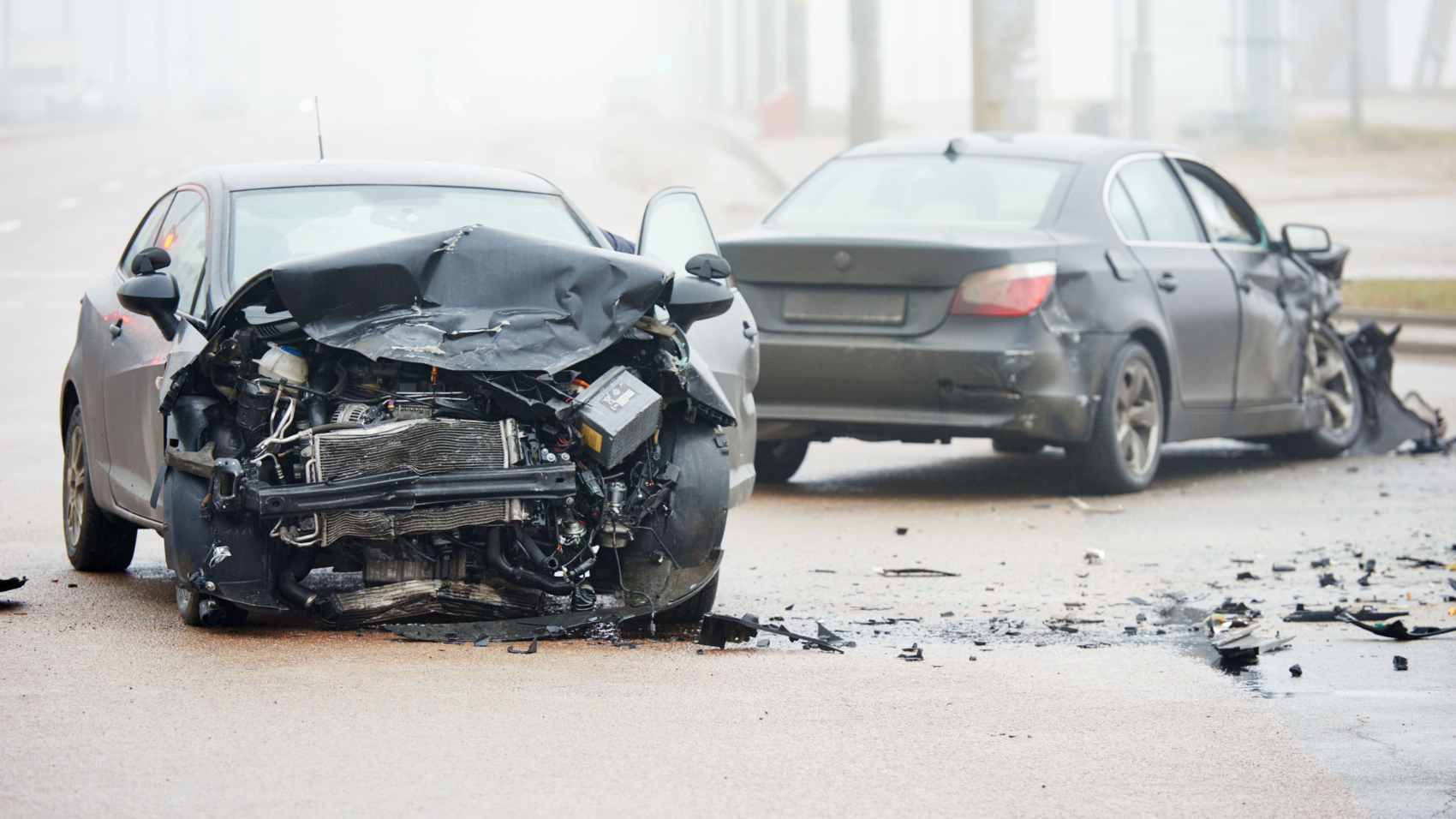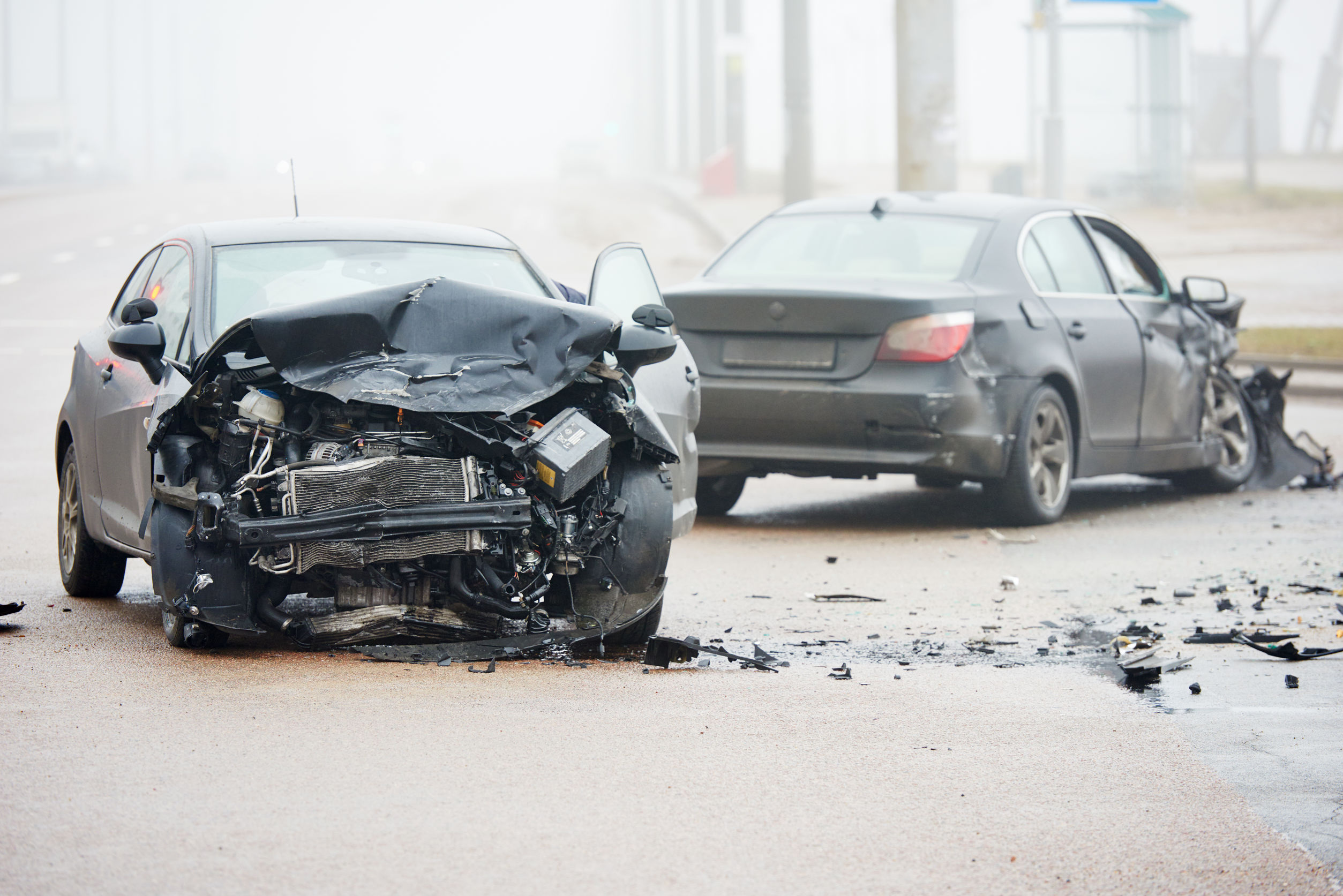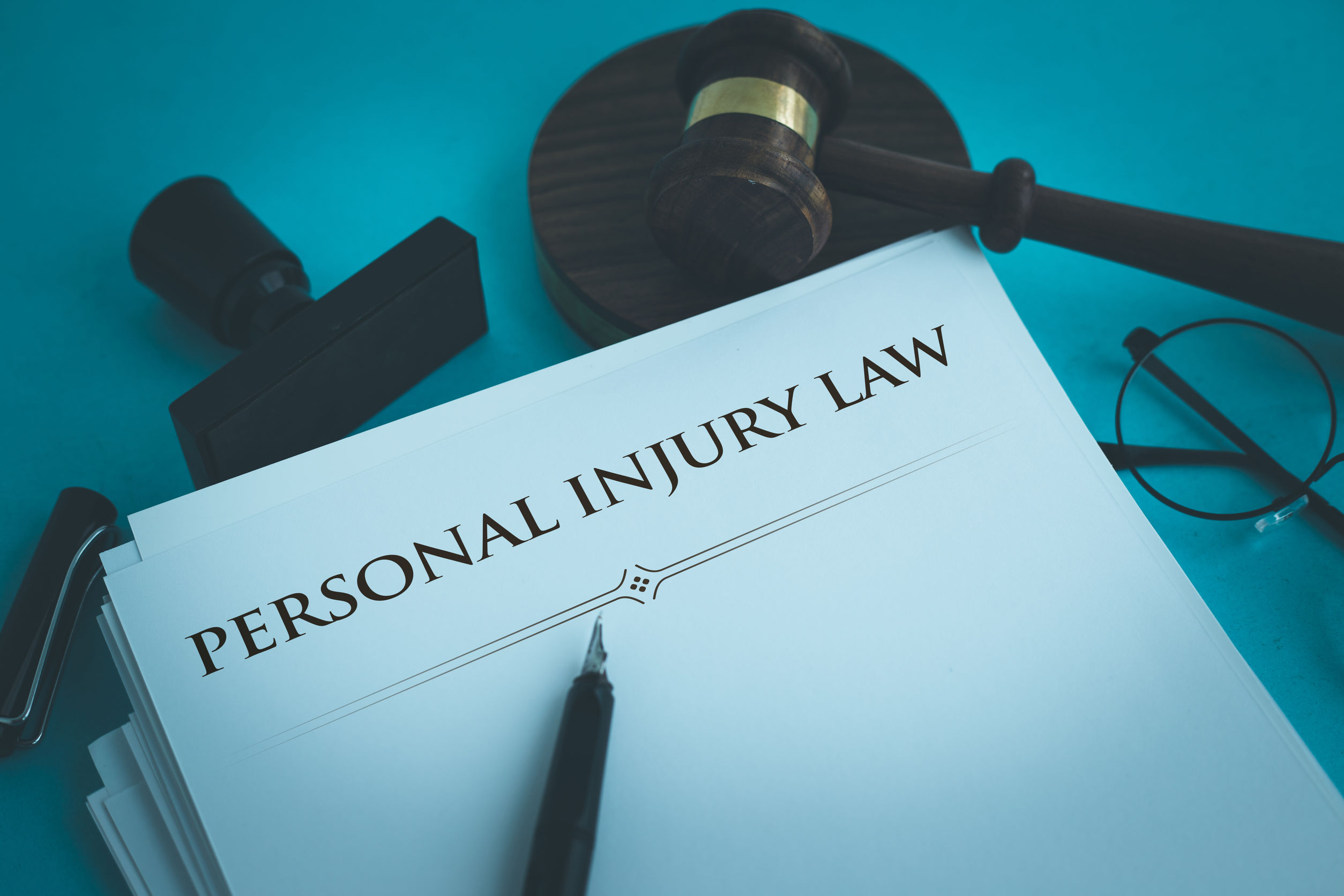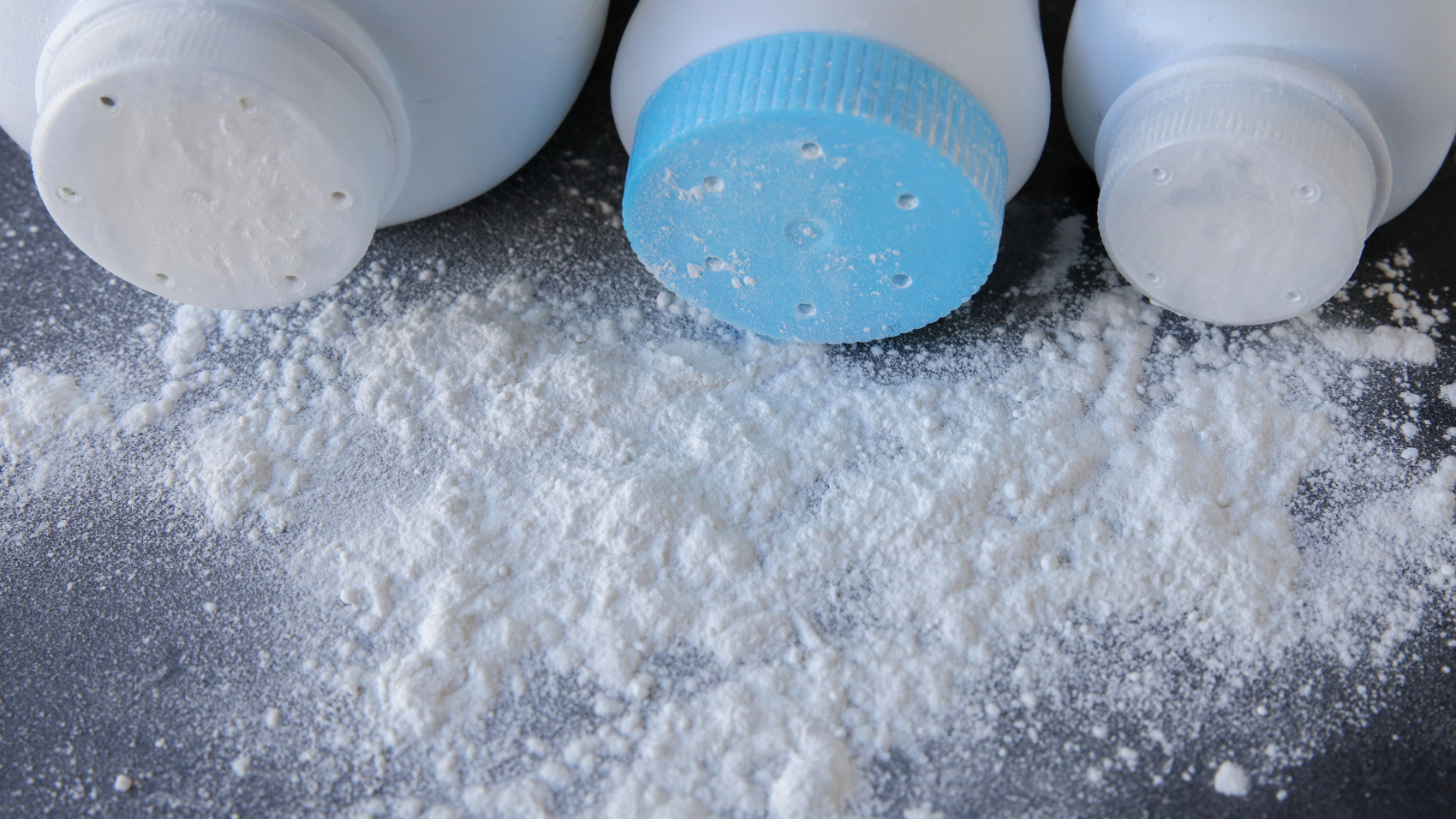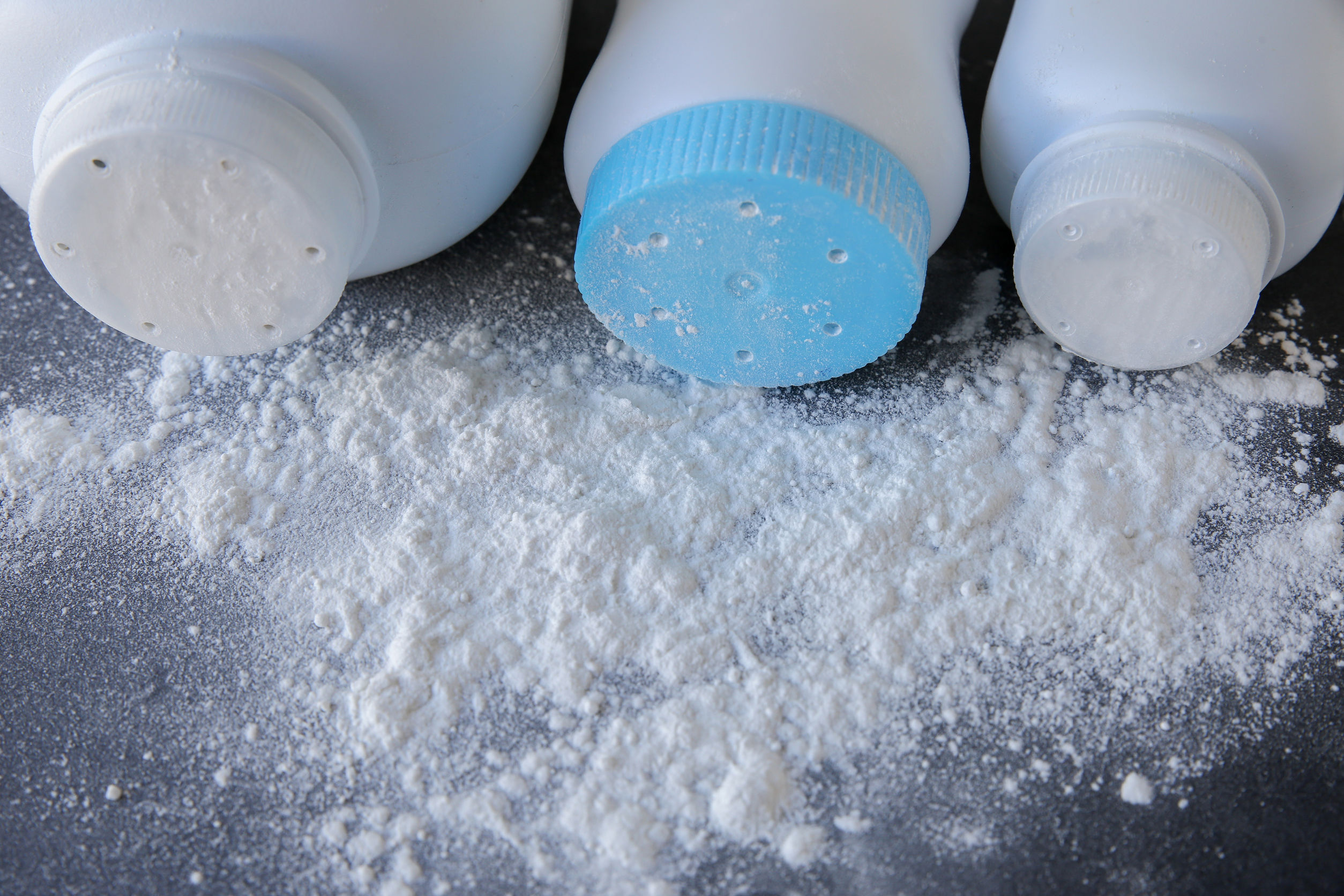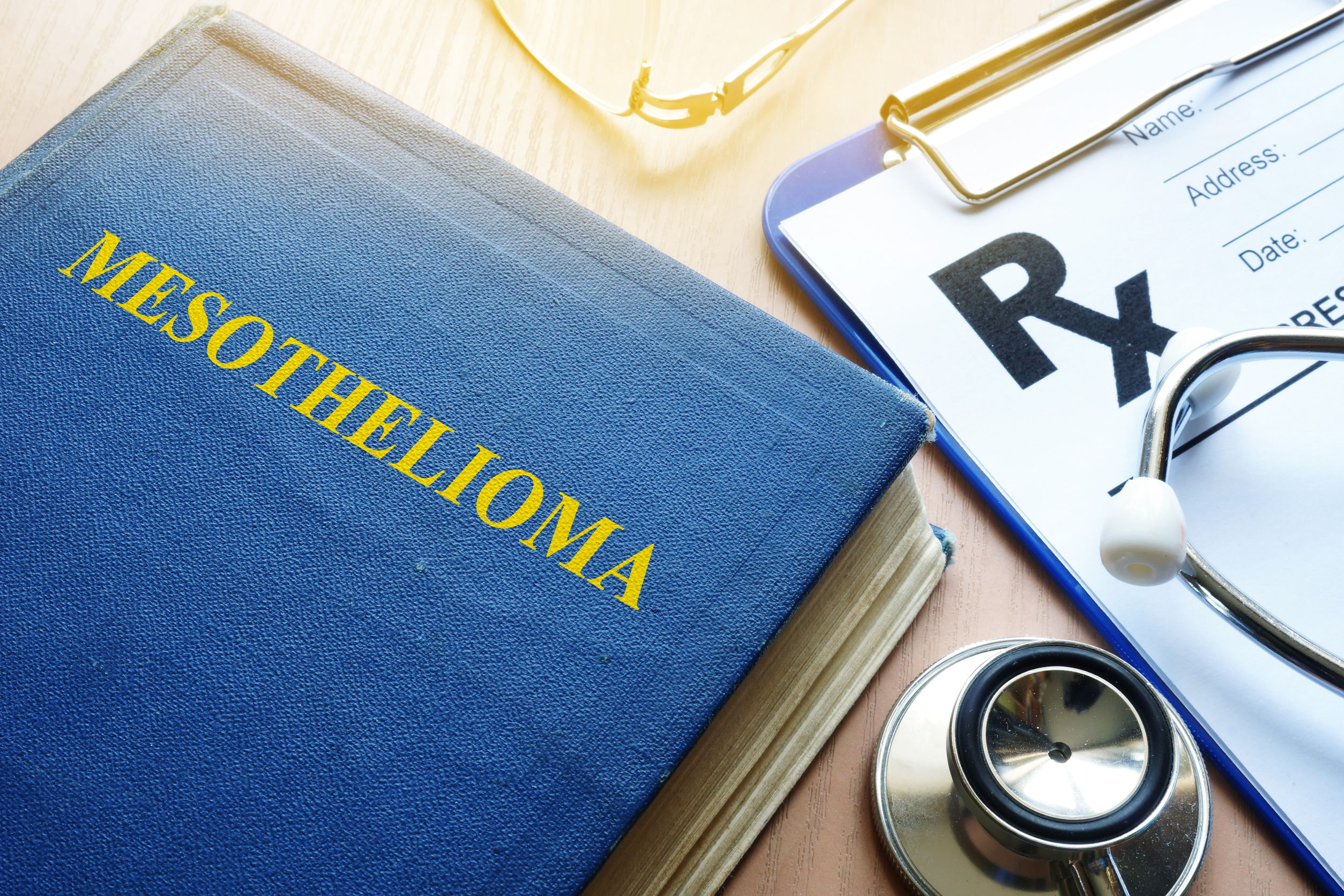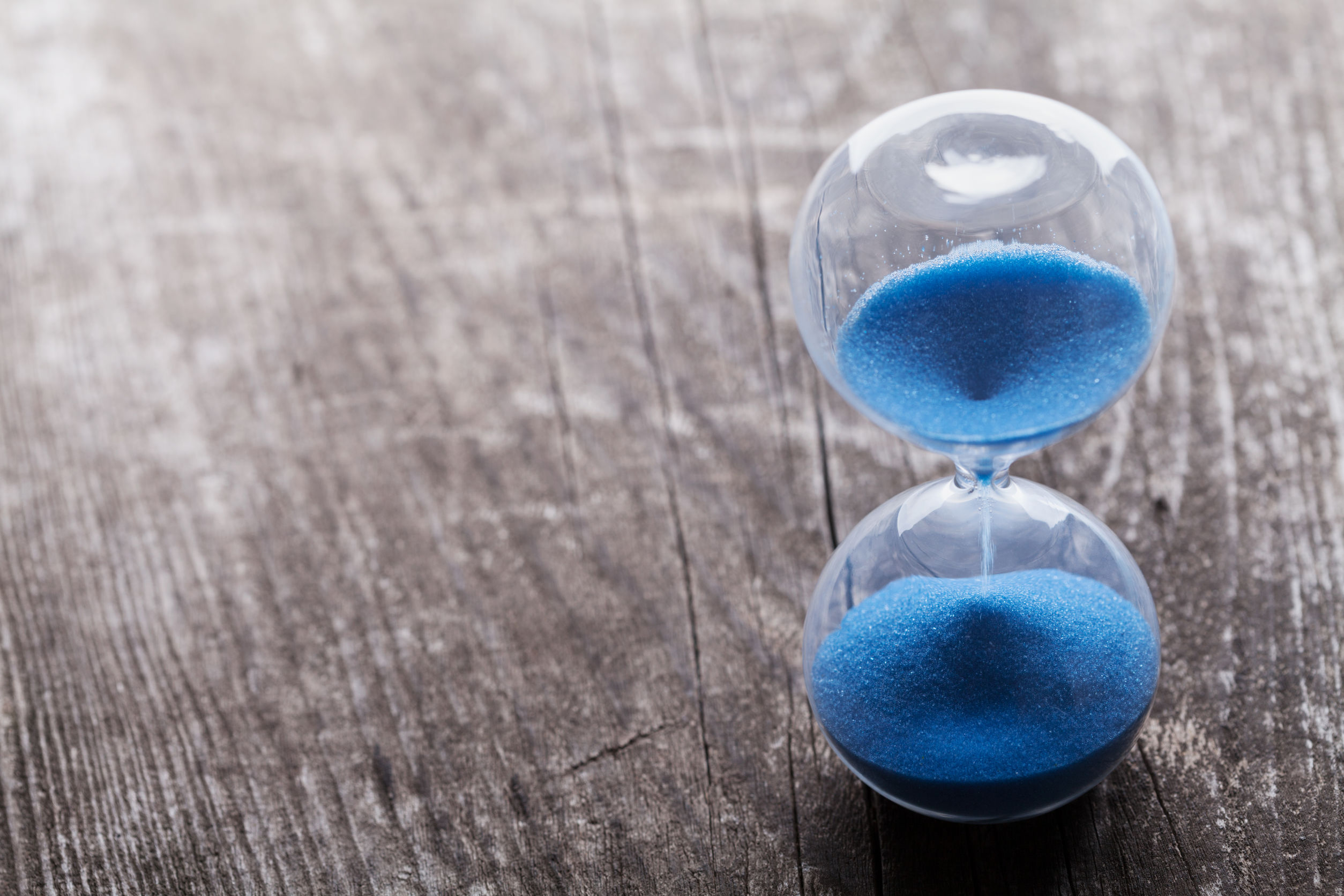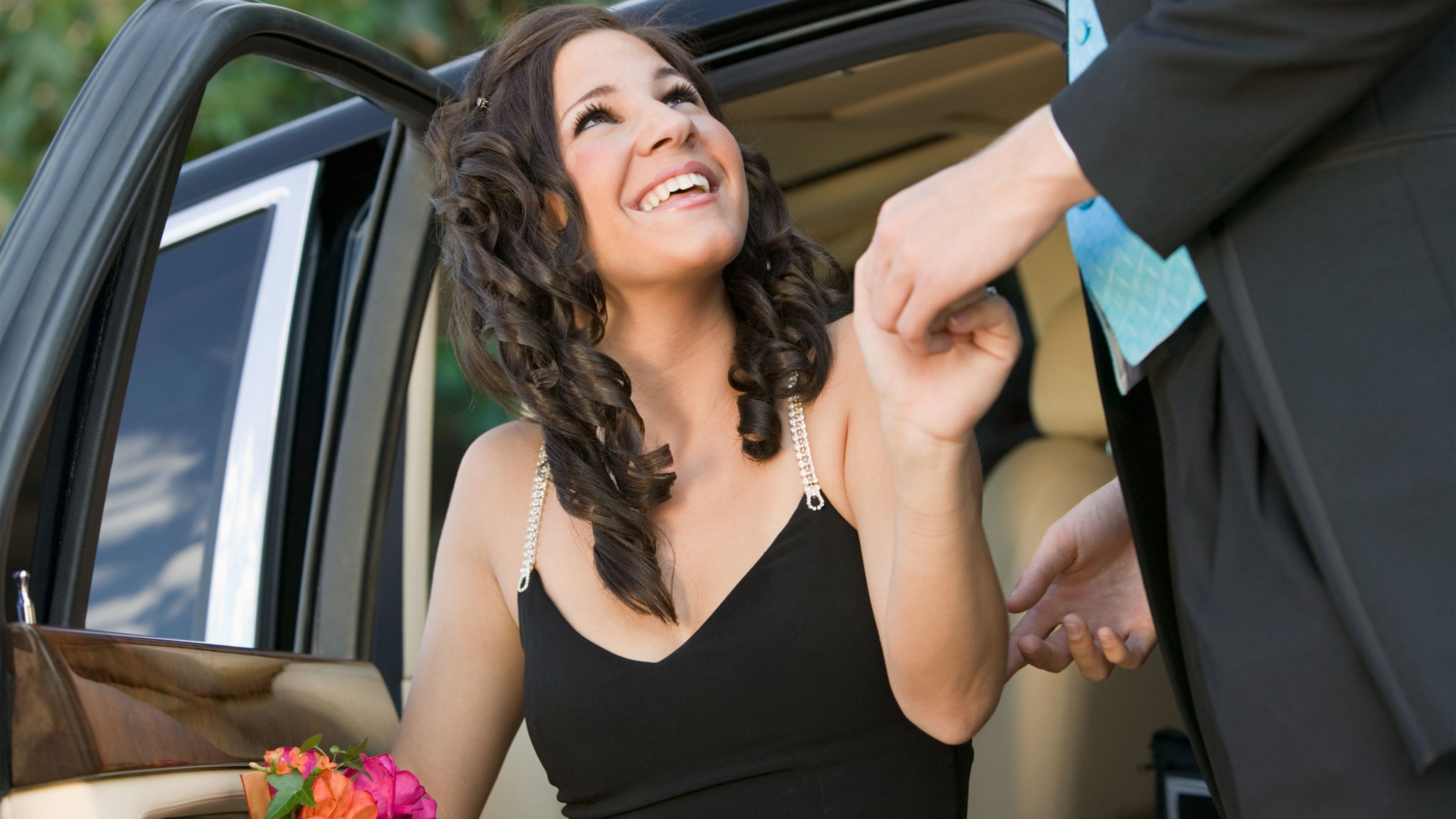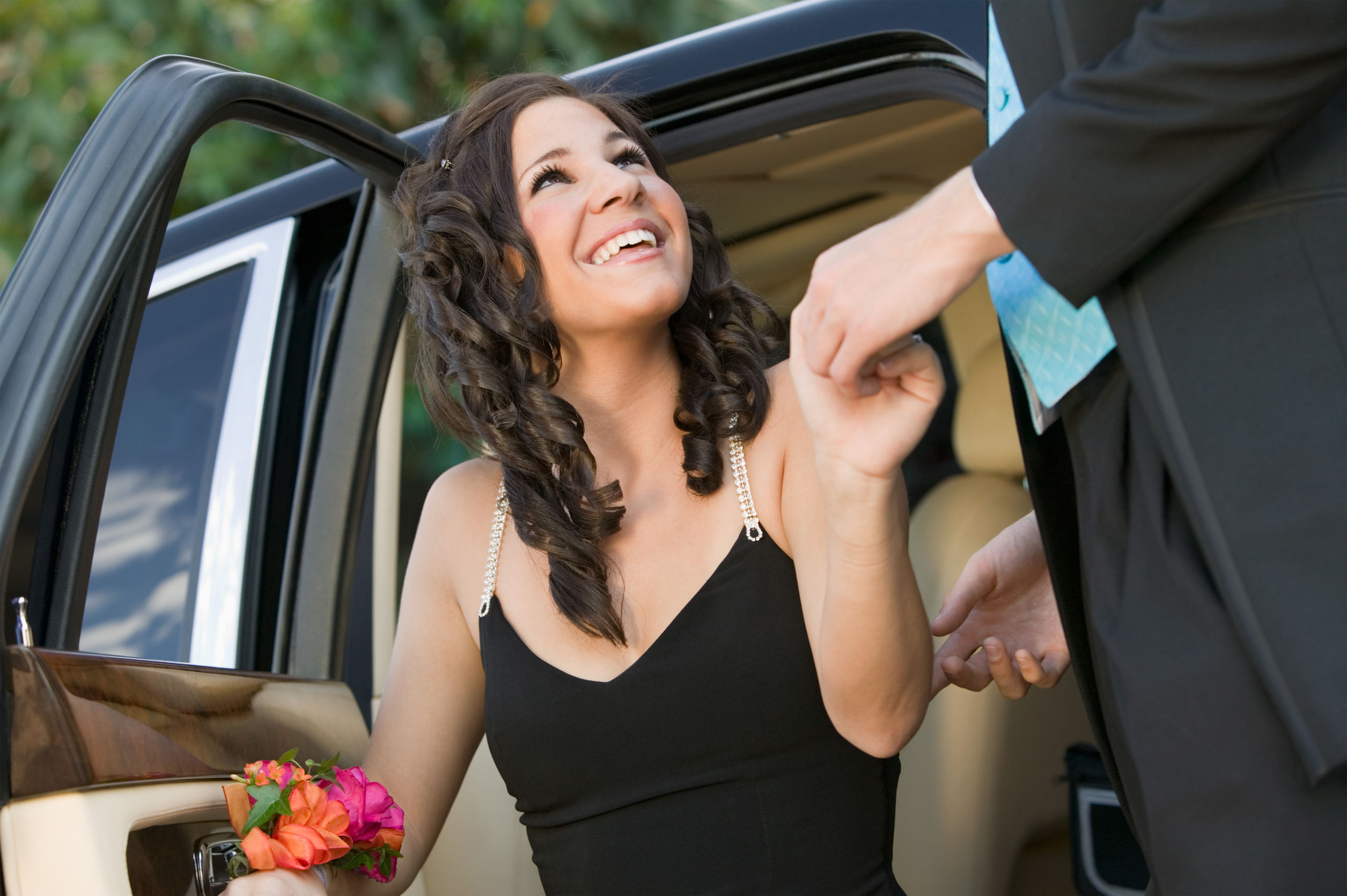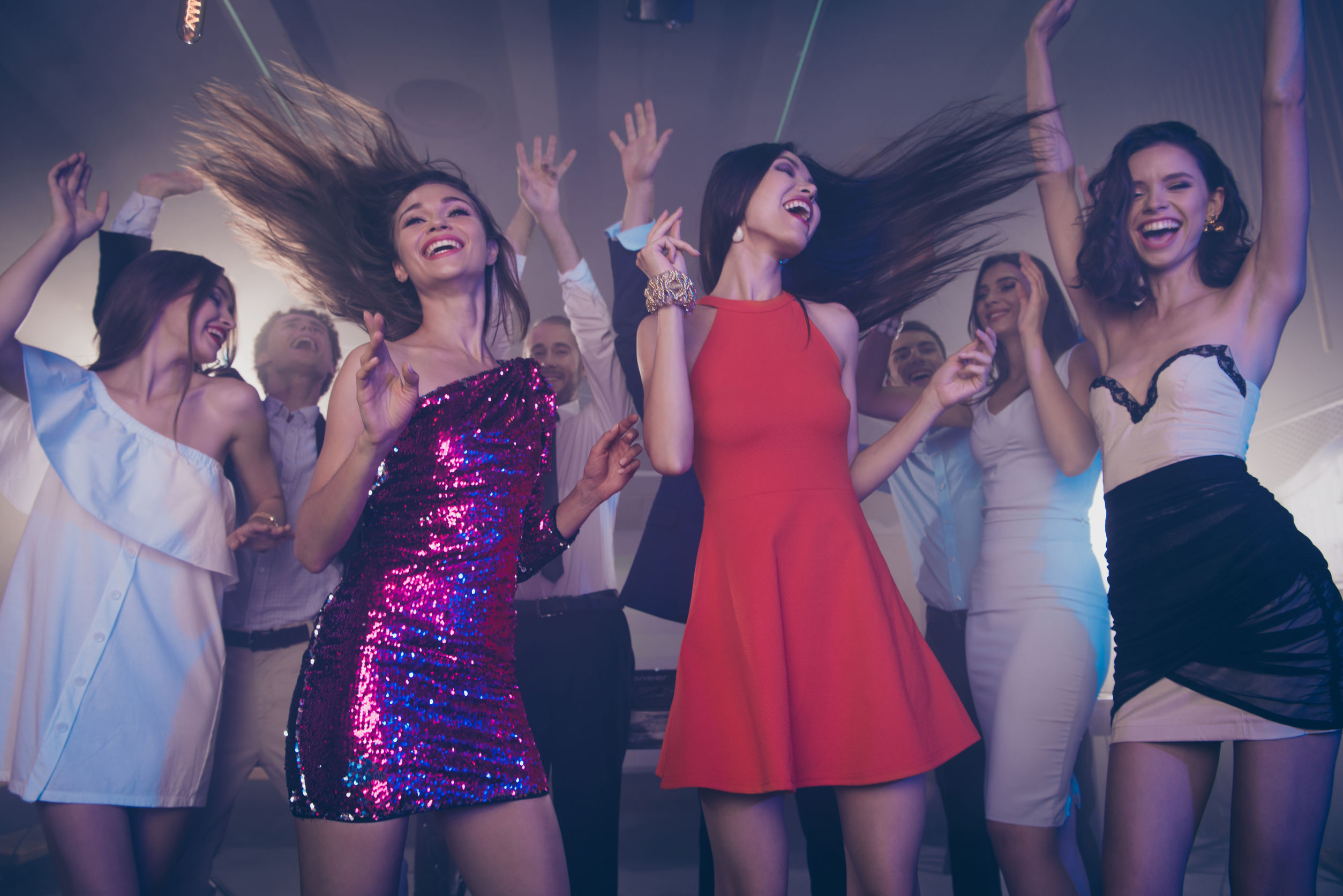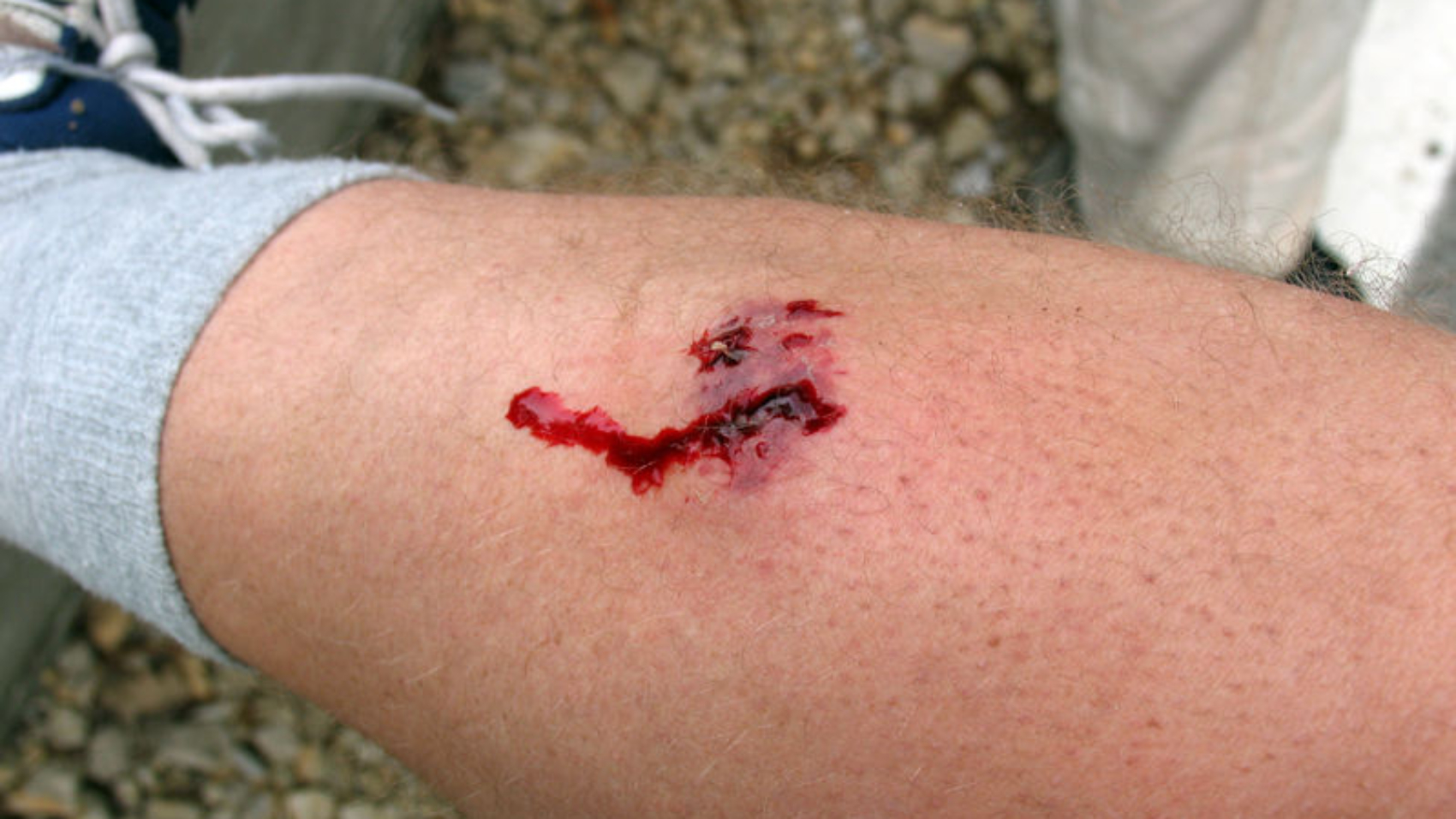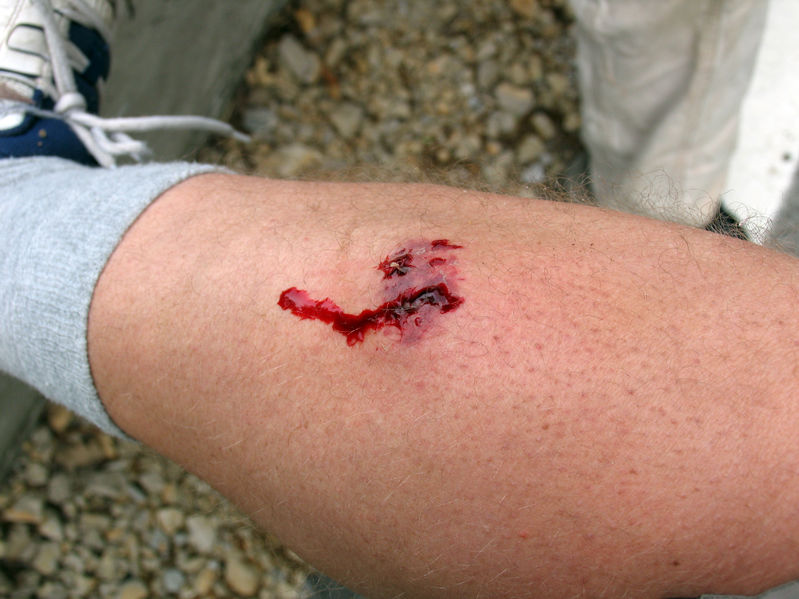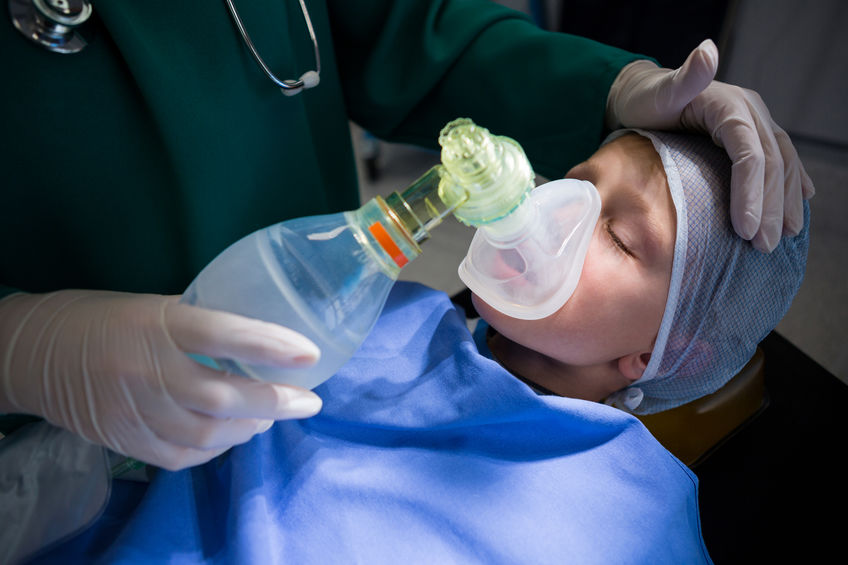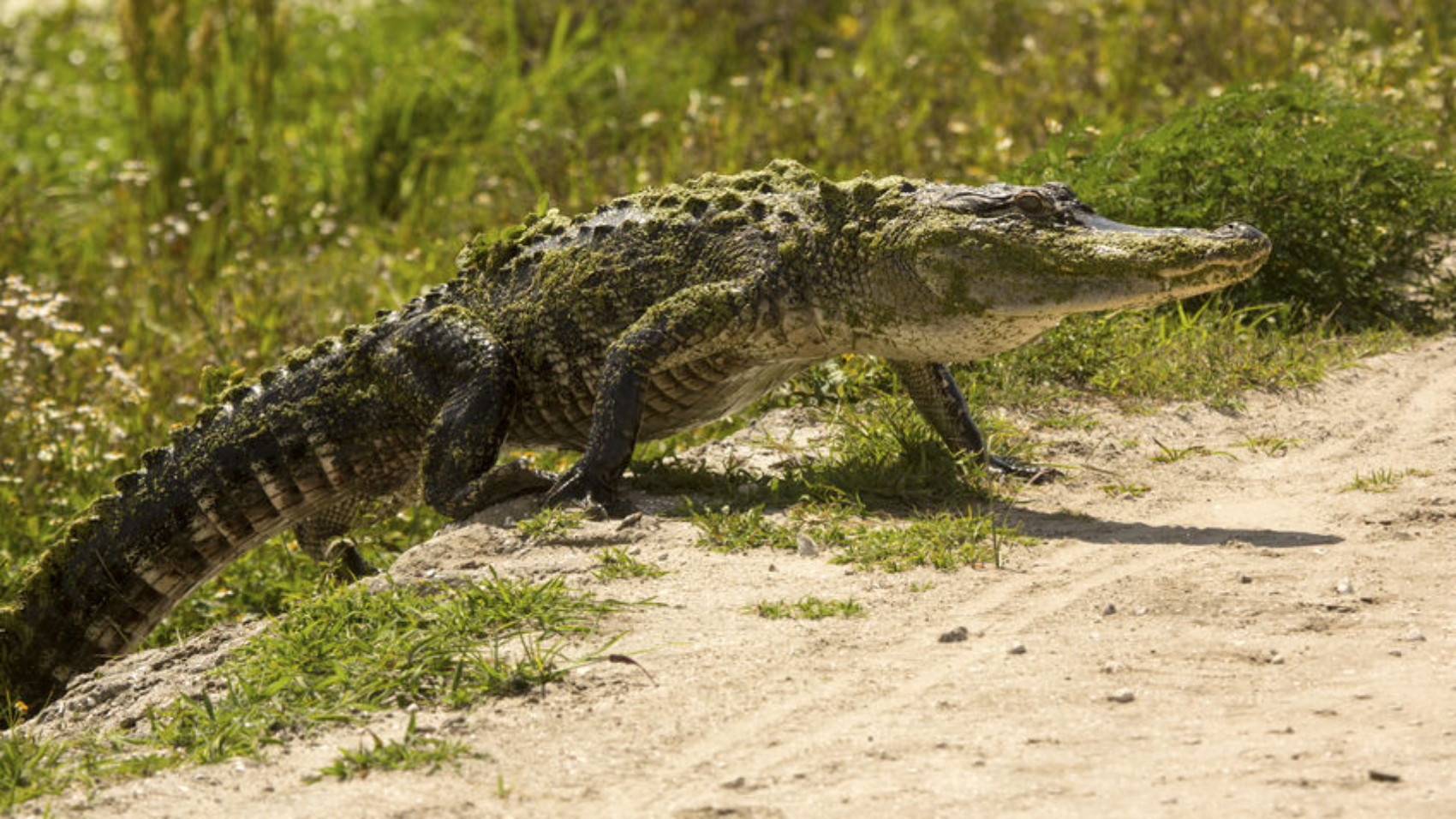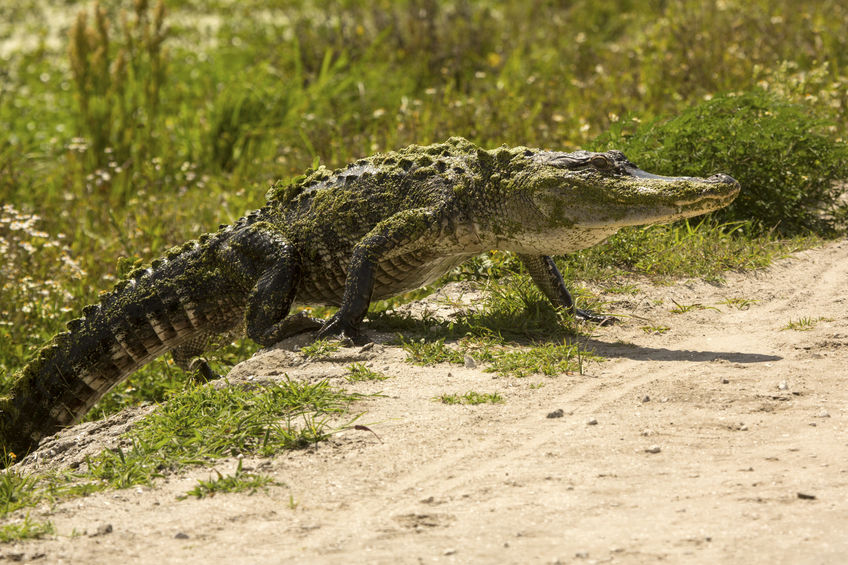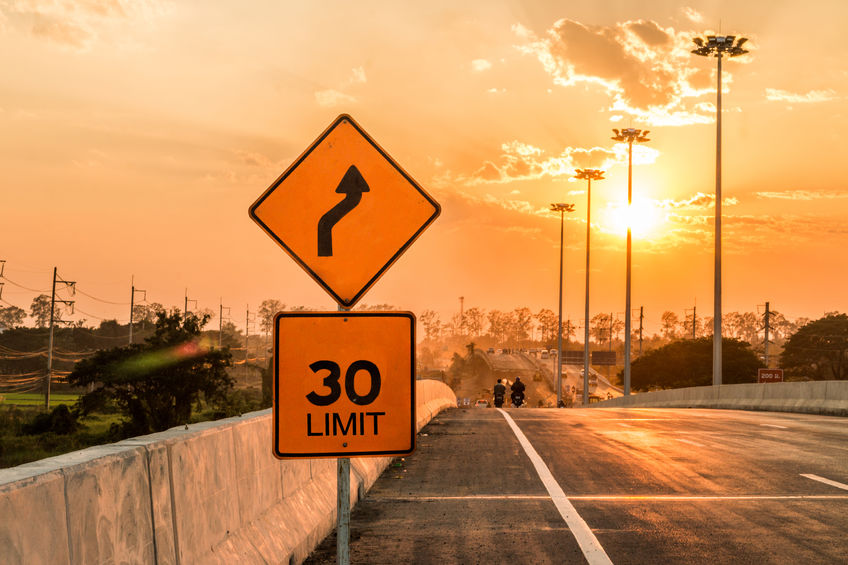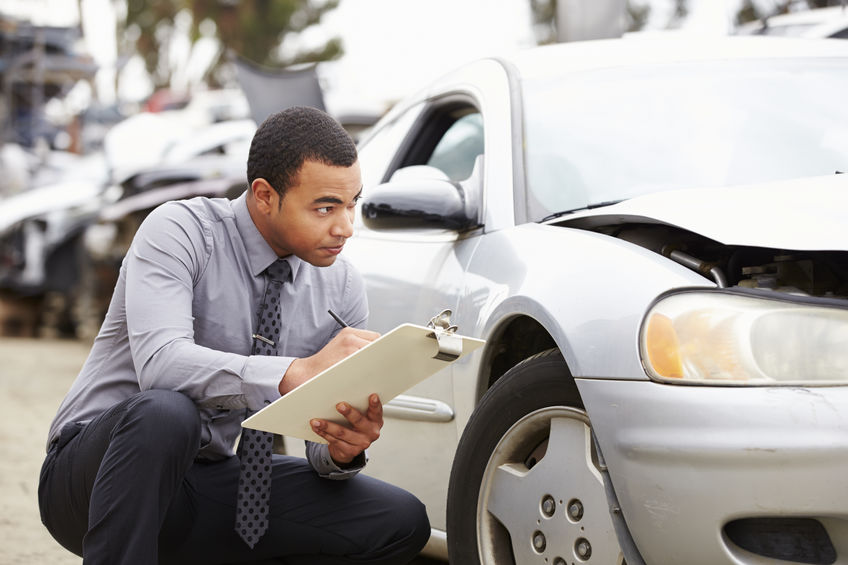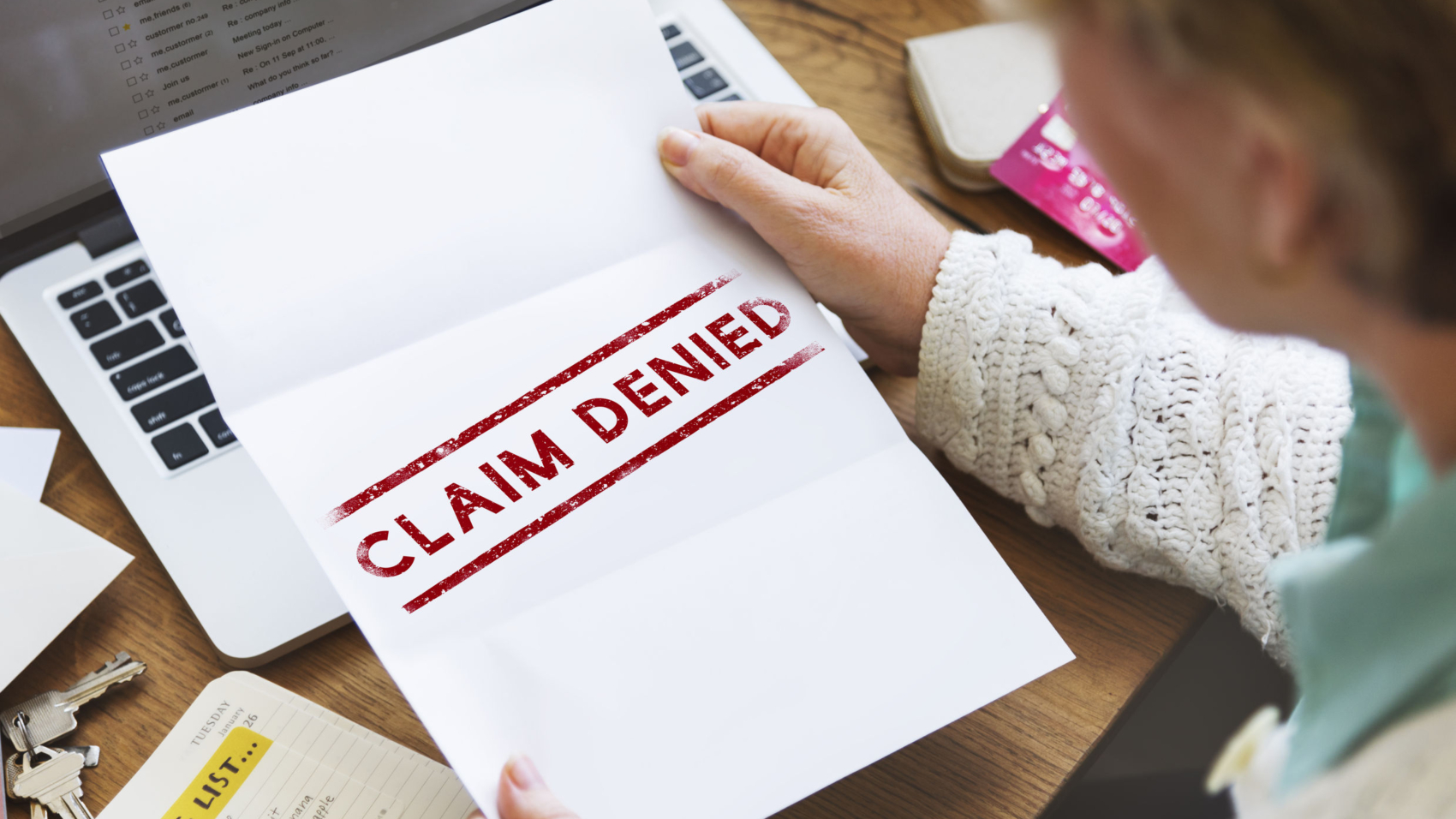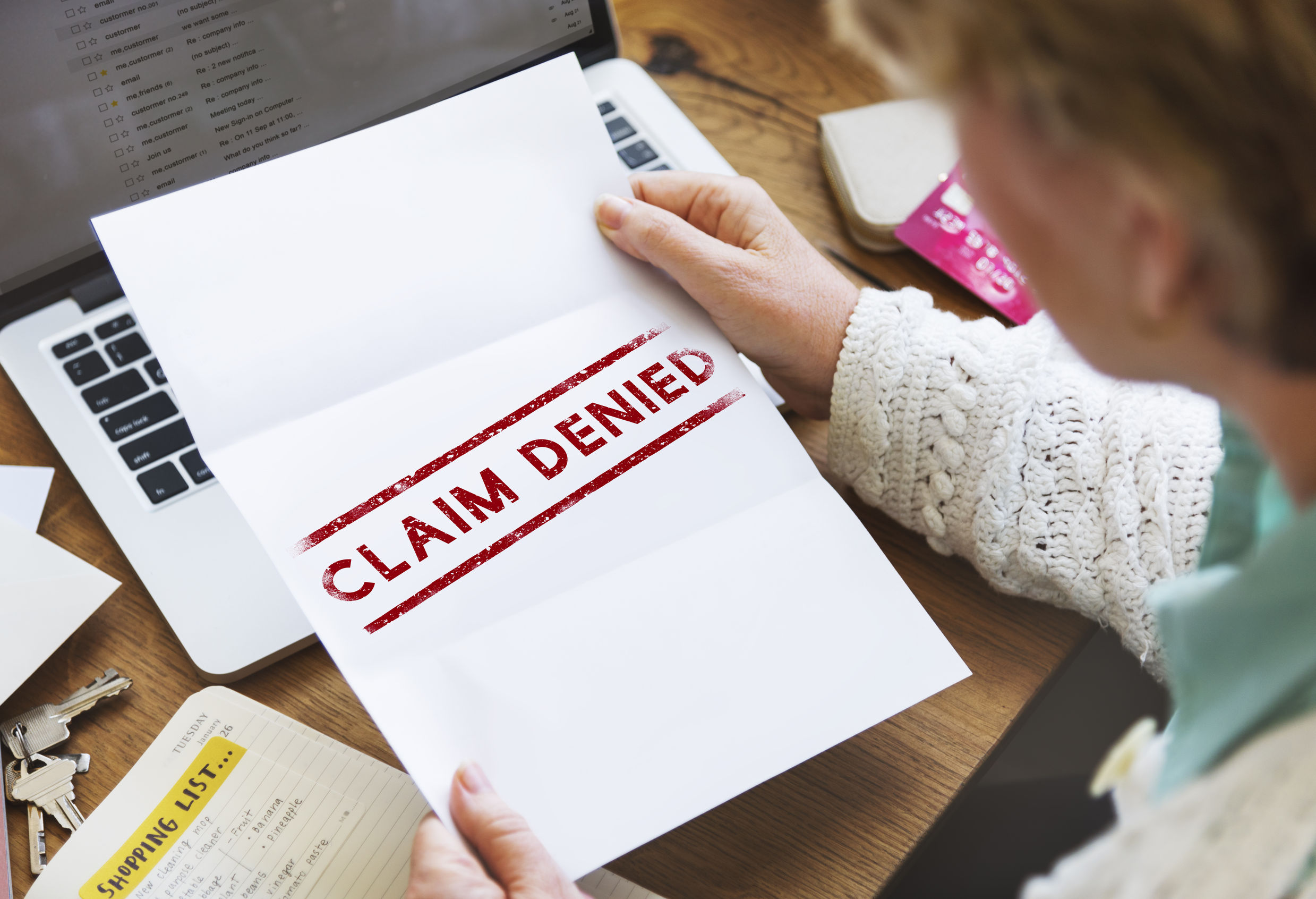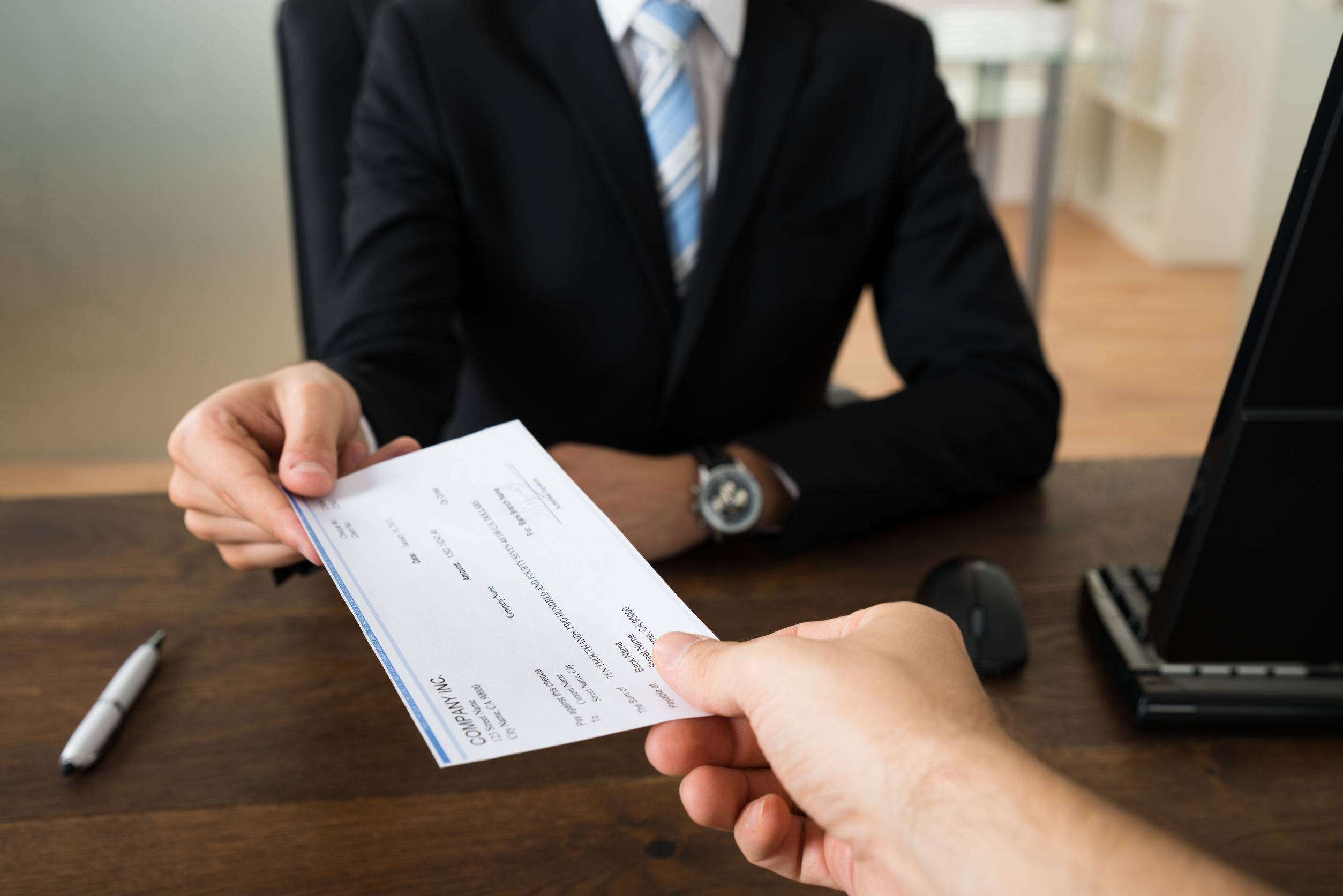Dade and Broward county roads are about to become a bit more confusing and request drivers to be more attentive to the road and the scheduled construction plans on the 826 Palmetto Expressway and I-75 throughout August 2019, while making room for a new Express Lane on the 826 Palmetto Expressway.
As auto accident attorneys with years of experience winning cases throughout South Florida, we know how important it is to constantly be aware of all new laws affecting drivers. We’ve put together a list below that outlines the lane closure dates and available detours provided by the Florida Deportment of Transportation (FDOT) to help you plan ahead and avoid potential hazards.
LANE CLOSURE SCHEDULE FOR DADE/BROWARD COUNTY ROUTES ON SR 826/PALMETTO EXPRESSWAY, AND I-75:
August 8th , 11PM to August 9th 5AM
- On I-75 two southbound outside lanes will be closed between NW 170 Street and SR 826/Palmetto Expressway.
- On I-75 two northbound outside lanes will be closed between SR 826/Palmetto Expressway and NW 170 Street.
August 8th , 9AM to August 9th 4PM
- On SR 826/Palmetto Expressway the northbound and southbound outside shoulders will be closed between NW 25 Street and NW 103 Street/West 49 Street.
August 8th 10PM to August 9th 5AM
- On I-75 two southbound inside lanes will be closed at SR 826/Palmetto Expressway.
August 8th 9PM to August 9th 5AM
- On SR 826/Palmetto Expressway one northbound inside lane will be closed between West Flagler Street and NW 25 Street
- On SR 826/Palmetto Expressway one southbound inside express lane will be closed at Okeechobee Road.
August 9th 9PM to August 12th 5AM
- On SR 826/Palmetto Expressway, the entrance ramp from southbound I-75 and westbound SR 924/Gratigny Parkway will be closed.
Available Detours:
- Take the northbound SR 826/Palmetto Expressway entrance ramp
- Exit NW 154 Street westbound
- Take the entrance ramp to SR 826/Palmetto Expressway
August 9th 10PM to August 10th 5AM
- On West 20 Avenue one northbound lane north of West 44 Place will be closed.
August 12th 9AM to August 16th 4PM
- On SR 826/Palmetto Expressway the northbound and southbound outside shoulders will be closed between NW 25 Street and NW 103 Street/West 49 Street.
Stay alert when driving and especially through these areas. Avoid any driver who is obviously not paying attention to the road. Never get into a car driven by someone who has been drinking and watch out for traffic from local bars and/or clubs. Steer clear of any driver who refuse to yield the right-of-way, don’t obey traffic signals, tailgate or pass improperly.
In the event you are involved in an accident, know what to do and your rights. With the help of an attorney, you can hold the guilty party responsible
Find out more about what to do after a car accident in South Florida
Always remember that how you respond following an accident can be the difference between being properly compensated for all damages or potentially not obtaining what you deserve in terms of a financial settlement. Auto insurance companies deal with accident claims daily and the claims adjusters are obligated to the company and their client first. Always select a law firm that specializes in auto accidents with a solid track record of results for their injured clients to make the most impact to your claim. A skilled attorney can help you obtain compensation for medical bills, lost wages, and overall pain and suffering.
The South Florida Injury Law Firm is a trusted car accident law firm serving Dade, Broward and Palm Beach counties. We’re proud to provide each of our clients with high-quality legal representation. We’re committed to helping you receive the compensation that you deserve and owed. Helping you stay on the right track and safe on the road.




